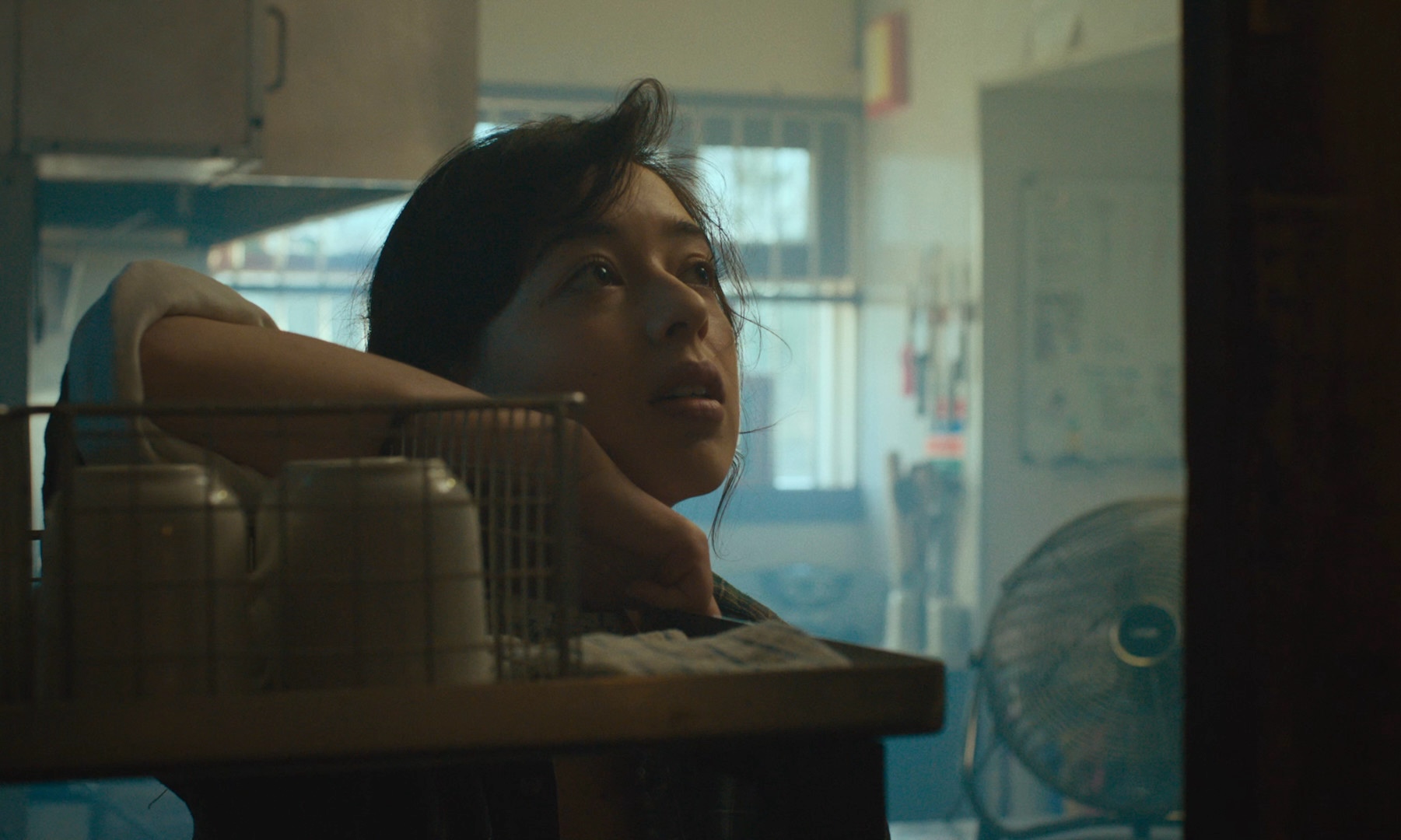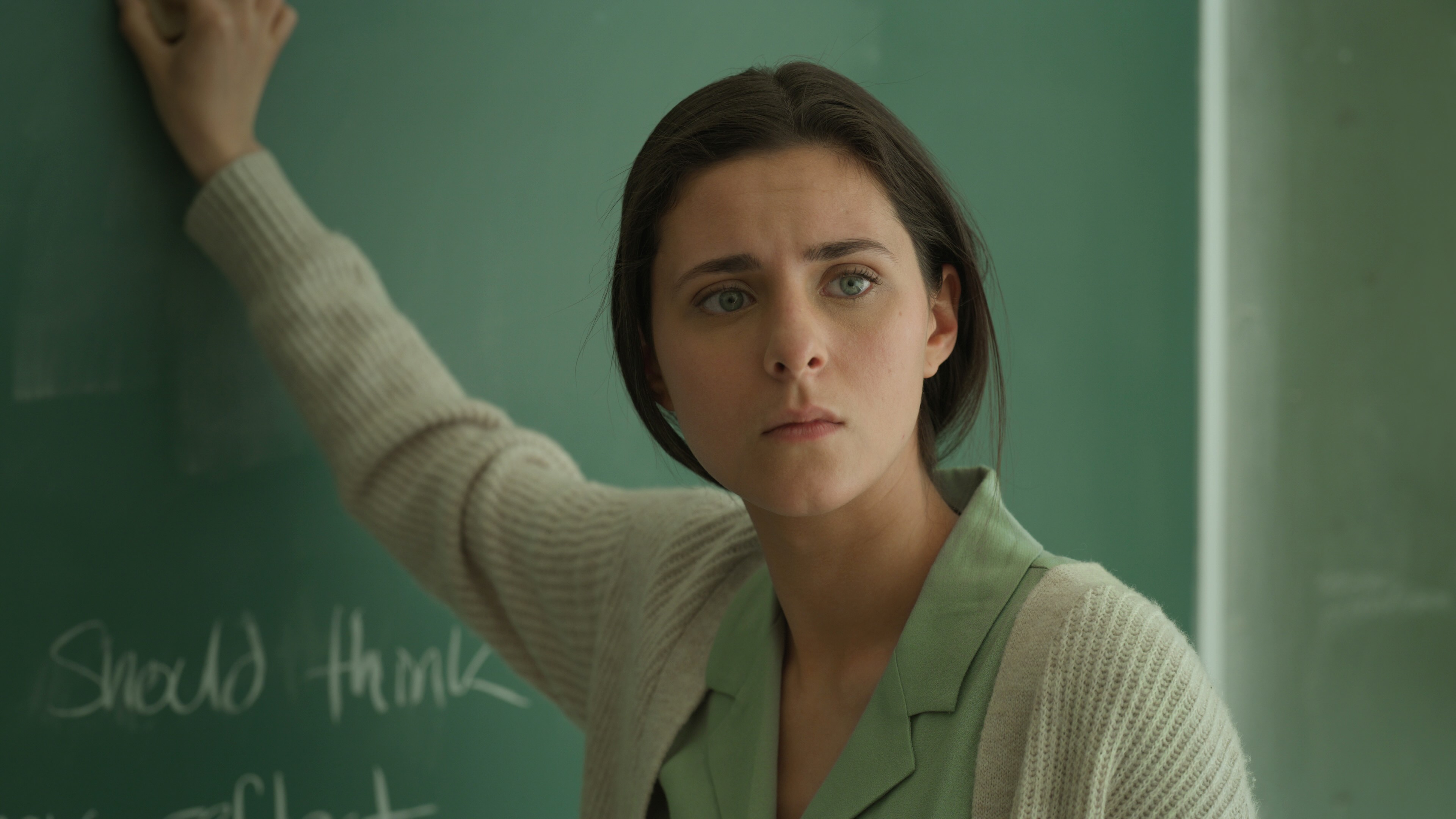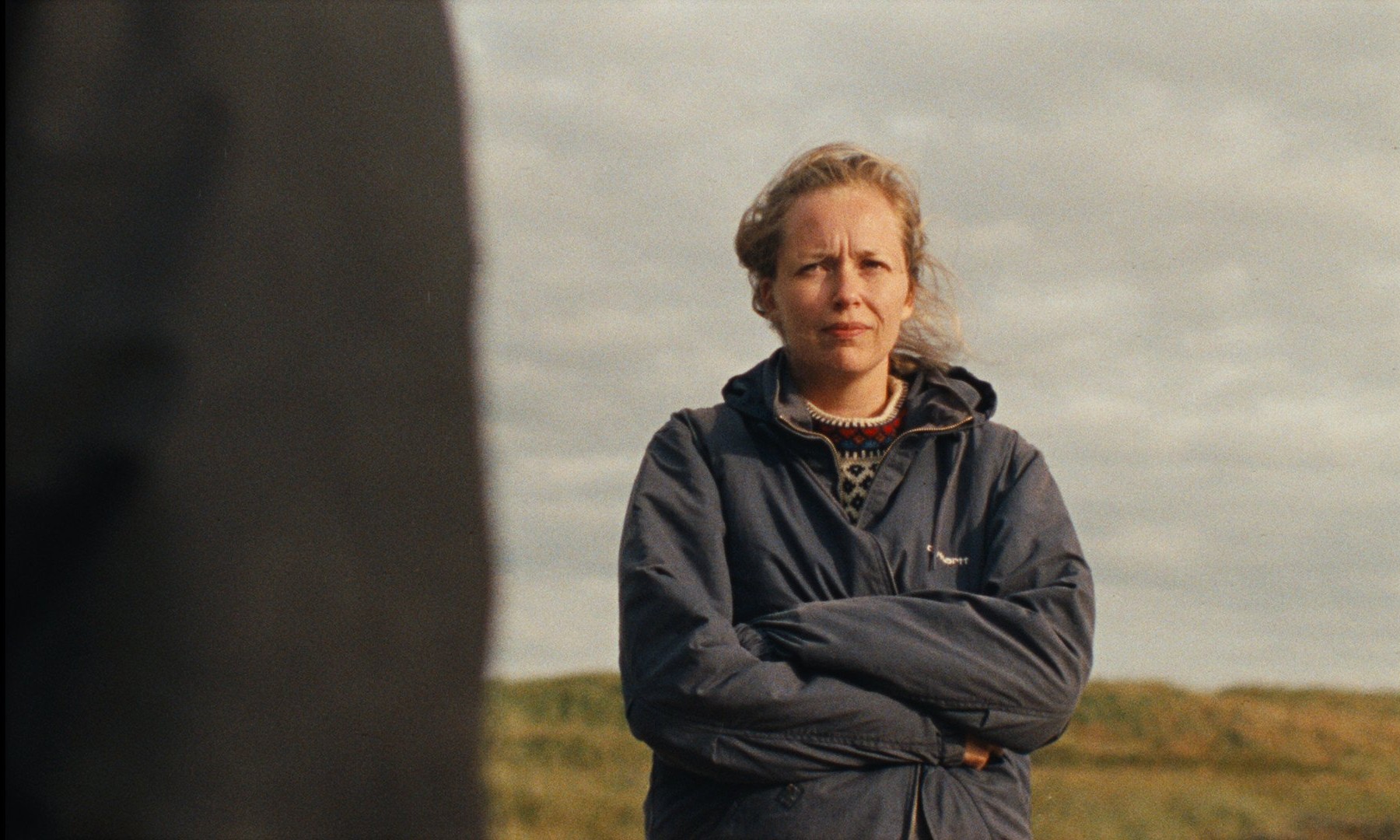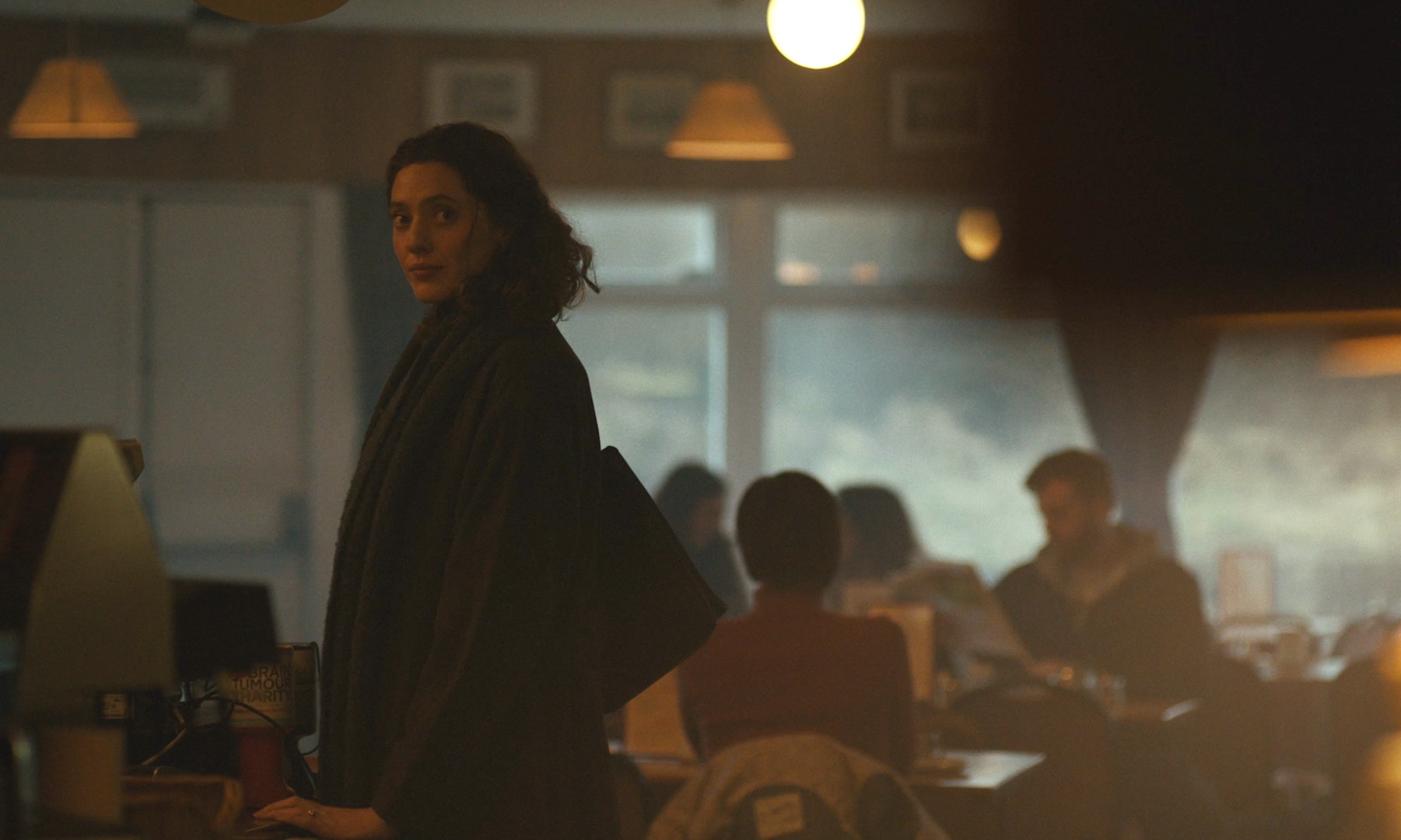- Shorts Weekly
- Posts
- Engineering a Prompt
Engineering a Prompt
An Eventful Couple of Weeks in AI Filmmaking, S/W Picks, and a Blockbuster Series Comes to Shorts
Sitting through a rather bland product launch livestream earlier this week wasn’t exactly motivation to dig deep into recent developments in AI filmmaking, but so many tabs had piled up in my browser that I felt the need to organize them if only for my own edification (and to save my poor laptop from the crushing RAM load.)
It has been an eventful couple of weeks though, featuring product launches, tech demos, Hollywood charm sessions, new regulations all juxtaposed with a loud and growing public backlash. AI isn’t going away, and all of this will have a massive impact on filmmaking big and small. So, at the bottom of this week’s edition, I share what I’ve been paying attention to.
Before that, we have S/W Picks and spotlights from Shortverse. But first, a reminder that there are only a couple of days left in Kickstarter’s Long Story Short promotion—find some short film projects worth supporting today!
📅 This Week on Short of the Week
***
Inspired by Orlando and Chungking Express, director Olivia J. Middleton describes her story as a film “…about the beauty of impermanence.” Céline, in her review, accuses the film of "…holding our breath hostage until the last second.” Folks, that’s enough for me, I’m sold!
***
As our protagonist is caught in limbo between her life in Montreal and her family in Tunisia, we are thrust back into the early days of the pandemic in this short from Tunisian-Canadian, Farhad Pakdel. Céline wryly notes how “everything will be all right” was a portentous phrase to toss around back then, and the film is heightened by the dramatic irony of the knowledge we possess in 2024 versus what was known then. Still, she muses that “anyone who is an immigrant, or has family in a different country, will find an extra level of relatability in this film.”
***
Described by its filmmaker, Máté Boegi, as a “deep dive into the psyche of someone who lets their imagination and insecurities get the best of them”, Rob endorses this dark comedy which he claims “delivers one of the most awkwardly satisfying viewing experiences you’re likely to ever witness in short film.”
***
🪐 Shortverse Collections
Just like its S/W sibling, Shortverse has its monthly spotlight of releases from the community. In Morbo, pictured above, Jonas Sanson Sêga uses AI-generated images to take us on a journey through the streets of a large city, where the dualities of urban life are amplified.
The collection also has 10 other films with a wide variety of approaches to discover—from an uncomfortable new Jim Cummings short, to a family-friendly film that highlights the joys of the written language, there’s something for young and old (and everyone in between).
🍿 A Blockbuster in Short
The highest profile short of the week came from Sony Pictures Animation. Spiderman: Across the Spiderverse was one of the best films of 2023 so it’s no surprise that audiences have gone wild for the web release of a 7min short starring Miles Morales, to the tune of 4M views in 2 days.
Focusing on mental health, anxiety is the monster in this story written by Khaila Amazan and directed by Jarelle Dampier, who is fresh off being chosen for Animation Magazine’s “Rising Stars of Animation” spotlight.
The film has an interesting genesis. From Cartoon Brew:
The short was developed and produced as part of SPA and Sony Pictures Imageworks Leading and Empowering New Storytellers program. A nine-month leadership training event, LENS supports filmmakers from underrepresented groups.
The Spider Within is produced by Sony Pictures Animation with the Kevin Love Fund as part of a larger mental health focused lesson plan for teenage students, “The Hero Within.” Through the program, kids are invited to share their own stories via an interactive curriculum, including a creative storyboard activity.
🤖 Catching Up On AI
I. New Sora Shorts
OpenAI released “First Impressions” of its generative video tool Sora. For the first time, selected artists were able to use the still-unreleased service, resulting in 7 experimental shorts.
The standout pieces are from S/W alums: Paul Trillo, who has made a name for himself as an AI Influencer in the past year, but also shy kids, a Canadian trio comprised of multi-alums Patrick Cederberg, Walter Woodman, and Sidney Leeder, most famous for the viral short that invented the screenlife genre, Noah.
Perhaps anticipating a public backlash, shy kids released a BTS video of the film accompanied by the following quote. Suffice to say, it did not prevent the comments from getting heated.
“(we) have been telling stories with and about new technology for over a decade. with ‘air head’ we wanted to show people that the most important ingredient in a good story is (and will always be) humanity.”
II. Backlash to an Indie Feature
Speaking of backlash, indie film experienced one of its first major AI flashpoints with the theatrical release of the horror film Late Night With the Devil. Sharp-eyed viewers were able to notice that background images in the film were AI-generated, prompting calls to boycott the film. NoFilmSchool recaps the controversy.
III. A New Generative Video Service Debuts
Meanwhile, a new player enters the AI video space. LTX Studio, from the developer of the popular Facetune app, had its launch event in NYC last night.
Ari Folman, director of Waltz For Bashir and The Congress, was on hand for a discussion of the tech and the premiere of the service’s launch film. LTX appears to be prioritizing ease-of-use and targeting a consumer and creator economy market as opposed to high-end photo-realism. Ryan Morrison of Tom’s Guide has hands-on impressions.
IV. OpenAI Courts Hollywood
To my mind, the promise of AI tools in filmmaking is that the tech will boost indie productions, with the efficiency and cost-savings potentially allowing more films to be made at higher levels of storytelling ambition in a way that is additive to the filmmaking ecosystem—just like consumer non-linear editing and DSLR video cameras were in prior decades. What most people are afraid of is Hollywood using it to eliminate jobs, passing the $$$ to management and shareholders, and making an industry that is already difficult to carve a sustainable living out of, nearly impossible.
So while it is indie creators on the front lines taking heat currently, a scoop from Bloomberg reports that OpenAI’s leadership has been hobnobbing in Hollywood. The company scheduled meetings this week with studios and talent agencies to form partnerships.
Sora is expected to feature prominently in these meetings but Lucas Shaw, in his most recent Screentime newsletter, suggests that OpenAI still doesn’t know how to make money off of Sora, which may necessitate targeting studios and higher-revenue targets. In a similar vein, a new paper suggests that Sora’s operating costs are too high for average creators to afford.
V. New Research Surveys Opinions on AI
While social media conversation is polarized, it has been harder to get a sense of the overall attitude of creators. But, last Friday, new research surveying “creative professionals” was shared with Indiewire. The headline number is that 42% of respondents indicate a belief that the technology “will harm people in their field”. However, equally interesting is the high degree of adoption already.
A majority of professionals working in the “creative class” are already using generative artificial intelligence, according to new research from the National Research Group. About half of those surveyed said they have experimented with the tools while 17% said they are using AI regularly.
VI. Regulating the Tech
In between allowing technologists to run amok and the complete ostracization of AI tech is an approach based on rule-making, so we’ll close this section on two recent developments along these lines.
SAG-AFTRA ratified two new agreements—for Television Animation and for Basic Cable Animation. Their statement boasts of “strong protections” around the use of artificial intelligence, which is a boon for animation voice-over artists who are considered especially vulnerable to AI at even current levels of the technology.
Then, last week, YouTube announced that disclosing AI-generated or synthetic material is now compulsory for creators. A checkbox has been placed in the upload flow for creators to self-label their content. Enforcement is still a problem, the system more or less operates on an honor system for now, but a framework is now present.





